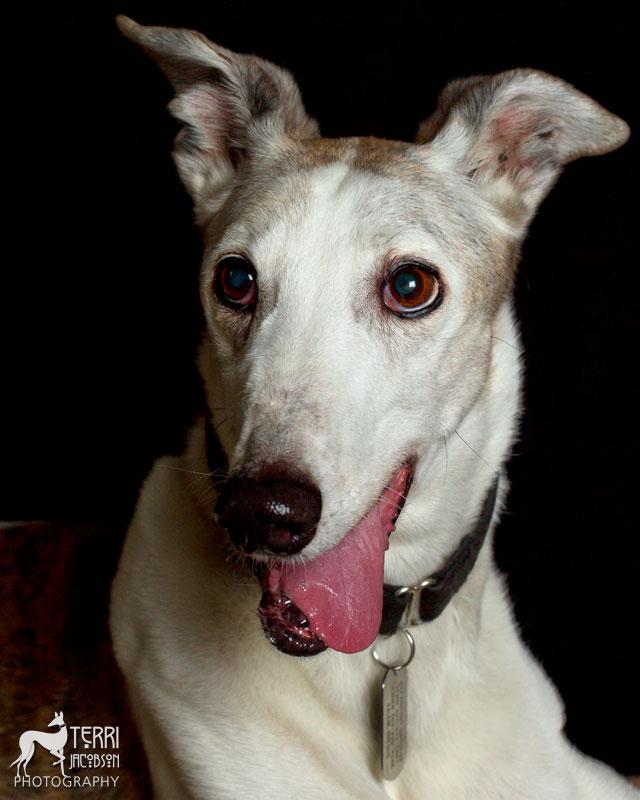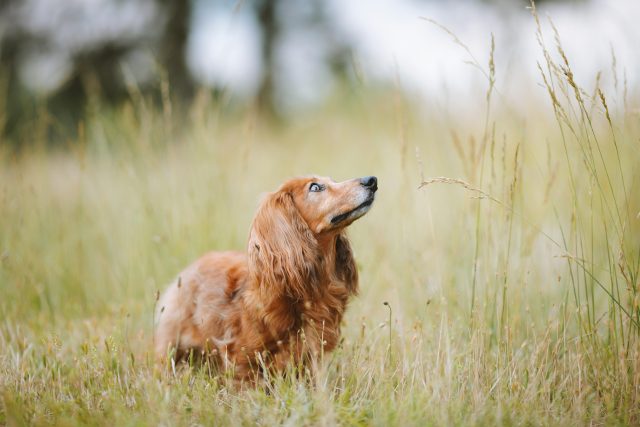As the golden sun dips below the horizon, casting a warm glow over a life well-lived, our senior pets look to us with eyes that hold a thousand stories. They’ve been our steadfast companions, our joyful playmates, and our silent confidants through every twist and turn. Now, as they gracefully enter their twilight years, it’s our turn to return the favor. Ensuring that our cherished furry friends enjoy their final years is more than a responsibility—it’s a heartfelt promise. In this article, we’ll explore the tender steps and thoughtful measures we can take to fill their remaining days with comfort, love, and joy. Because every wag of their tail, every contented purr, and every gentle nuzzle deserves nothing less.
Creating a Cozy and Safe Home Environment
Transforming your home into a sanctuary for your senior pet can significantly enhance their quality of life. Start by creating soft resting areas where they can relax without the strain on their aging joints. Think plush beds, cozy blankets, and even heated pads for those colder days. Accessibility is crucial, so consider installing pet ramps or stairs to help them navigate furniture and higher surfaces with ease.
Safety is paramount for older pets. Non-slip rugs can prevent falls, especially on hardwood or tiled floors. Ensure that their favorite spots are free from sharp objects and hazards. Additionally, keep essential items like food, water, and litter boxes within easy reach. Elevated bowls can aid in reducing neck strain, making mealtime more comfortable. By thoughtfully arranging your home, you can provide a loving and secure environment where your senior pet can thrive.
Nourishing Their Aging Bodies with the Right Diet
As your beloved pet enters their golden years, their nutritional needs change. Ensuring they receive a diet tailored to their aging bodies can make a significant difference in their quality of life. Here are some tips to keep their diet nourishing and beneficial:
- High-Quality Protein: Older pets need high-quality protein to maintain muscle mass and support organ function. Opt for easily digestible sources like chicken, turkey, or fish.
- Joint-Friendly Ingredients: Look for foods rich in omega-3 fatty acids and glucosamine to help support joint health and reduce inflammation.
- Controlled Calories: Metabolism slows down with age, so it’s important to monitor calorie intake to prevent obesity. Choose a diet that’s balanced in nutrients but lower in calories.
- Fiber-Rich Foods: Increased fiber can aid in digestion and prevent constipation, a common issue in senior pets. Consider adding vegetables like pumpkin or sweet potato to their meals.
- Hydration: Older pets are prone to dehydration. Ensure they have constant access to fresh water and consider incorporating wet food into their diet to boost moisture intake.
By paying attention to these dietary needs, you can help your senior pet enjoy their final years with vitality and comfort.

Engaging Activities to Keep Their Minds Sharp
As our pets age, it becomes crucial to keep their minds stimulated to ensure they stay happy and healthy. Engaging activities can be both fun and mentally stimulating for senior pets. Here are some ideas to keep their minds sharp:
- Puzzle Toys: Interactive toys that dispense treats can provide hours of entertainment and mental exercise. Look for toys that challenge your pet to think and problem-solve.
- Gentle Training Sessions: Teaching new tricks or practicing old ones can be a delightful way to keep their cognitive skills sharp. Use positive reinforcement and keep sessions short and enjoyable.
- Scent Games: Hide treats around the house or yard and encourage your pet to find them. This taps into their natural hunting instincts and keeps their brain engaged.
- Social Interaction: Regular playdates with other pets or gentle, supervised interactions with new people can provide much-needed mental stimulation and socialization.

Building a Stronger Bond Through Gentle Care
As our pets age, it’s crucial to adapt our care routines to ensure their comfort and happiness. Gentle grooming is a key aspect of this transition. Brushing your senior pet’s fur not only keeps their coat healthy but also provides a soothing experience that strengthens your bond. Consider using soft-bristled brushes and gentle strokes to avoid any discomfort.
Regular health check-ups are essential. Frequent visits to the vet help catch any age-related issues early, ensuring your pet remains in good health. Create a cozy and safe environment at home by:
- Adding extra padding to their favorite resting spots.
- Ensuring easy access to food and water.
- Installing ramps to help them navigate stairs.
By focusing on these gentle care practices, you can make your senior pet’s final years as comfortable and joyful as possible.


































